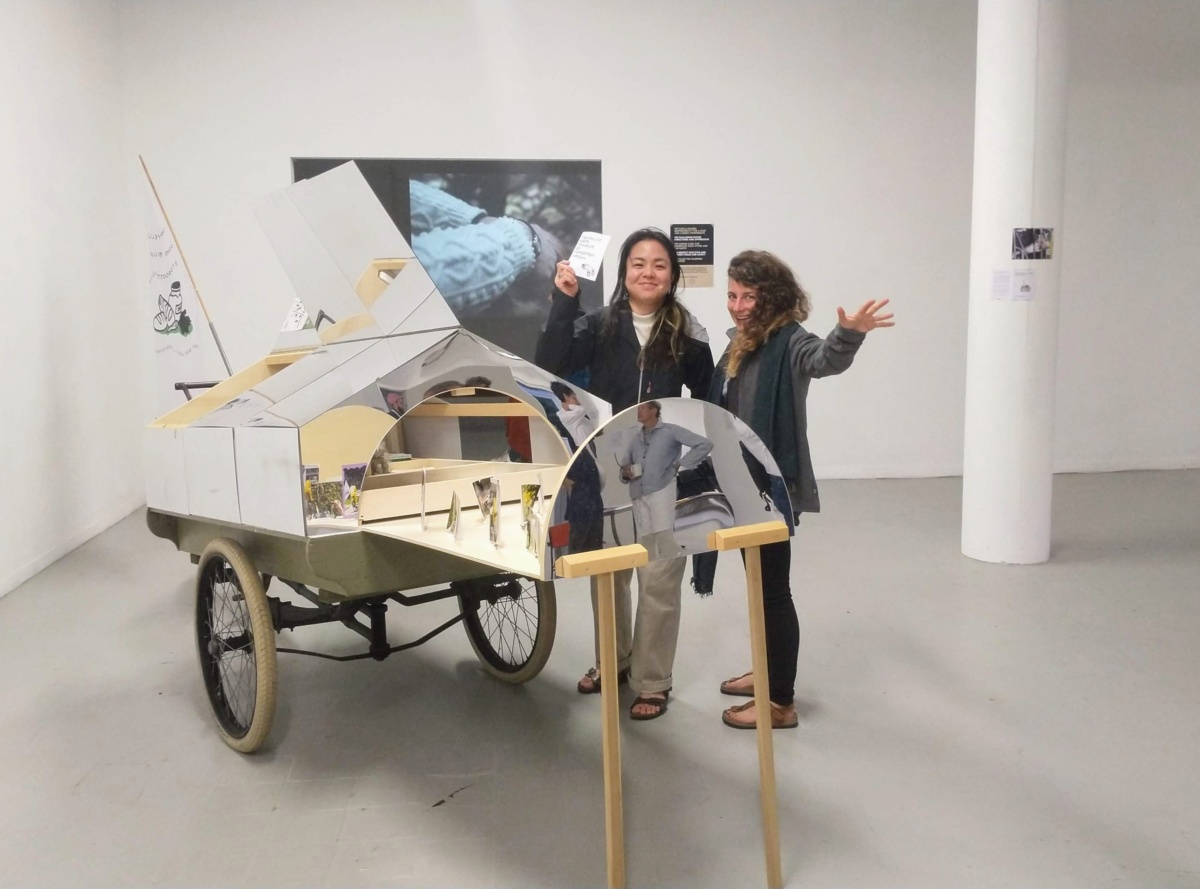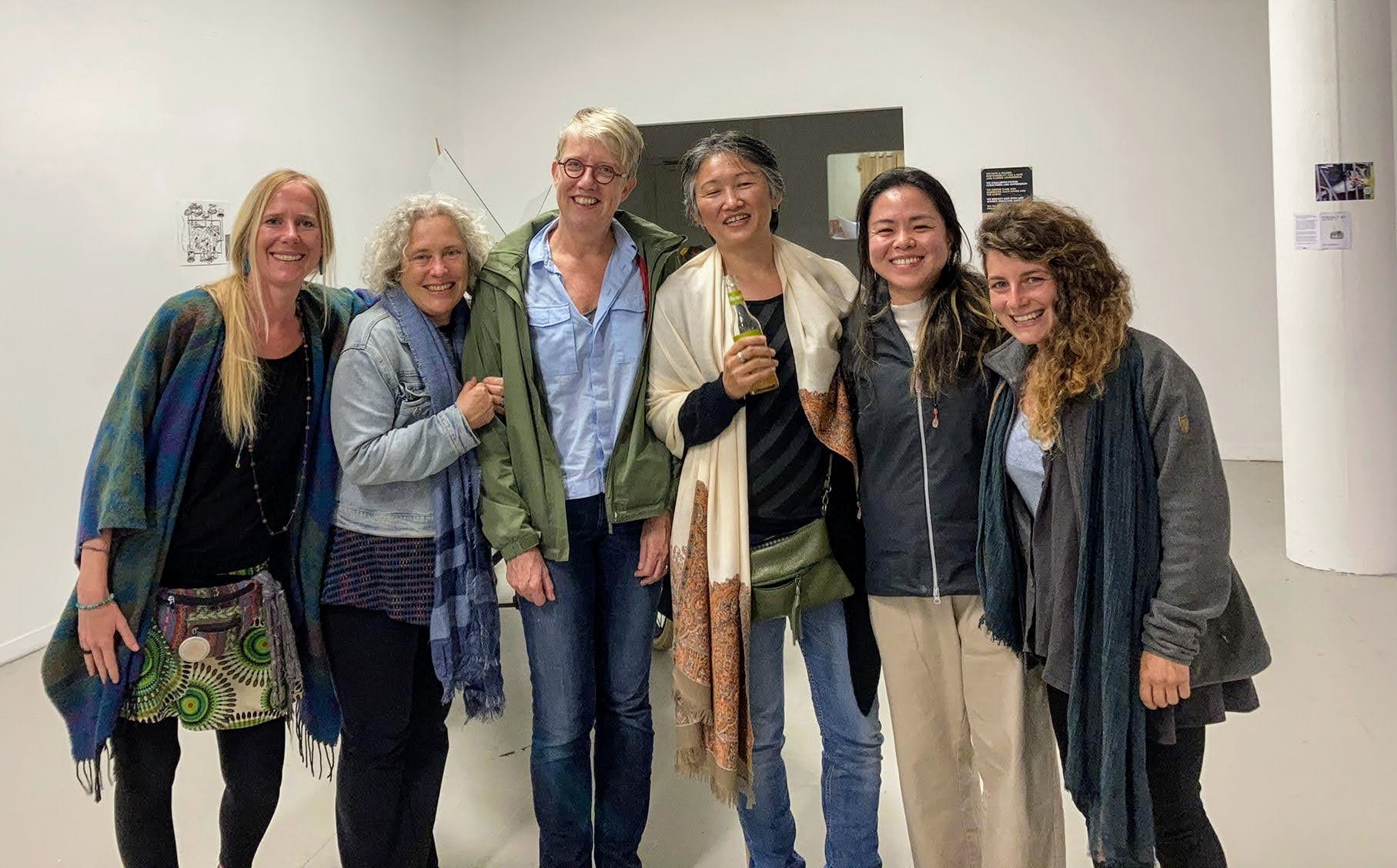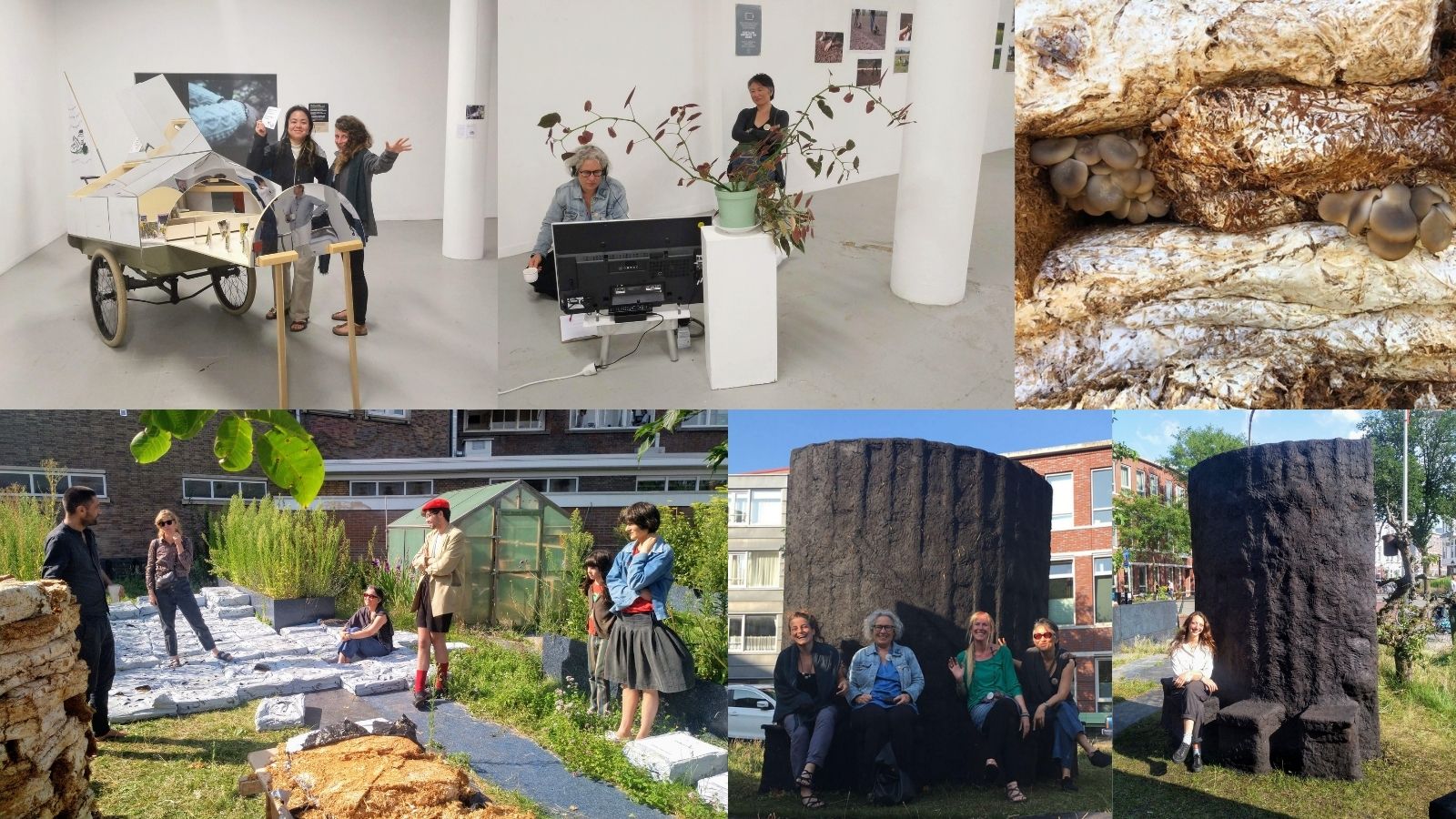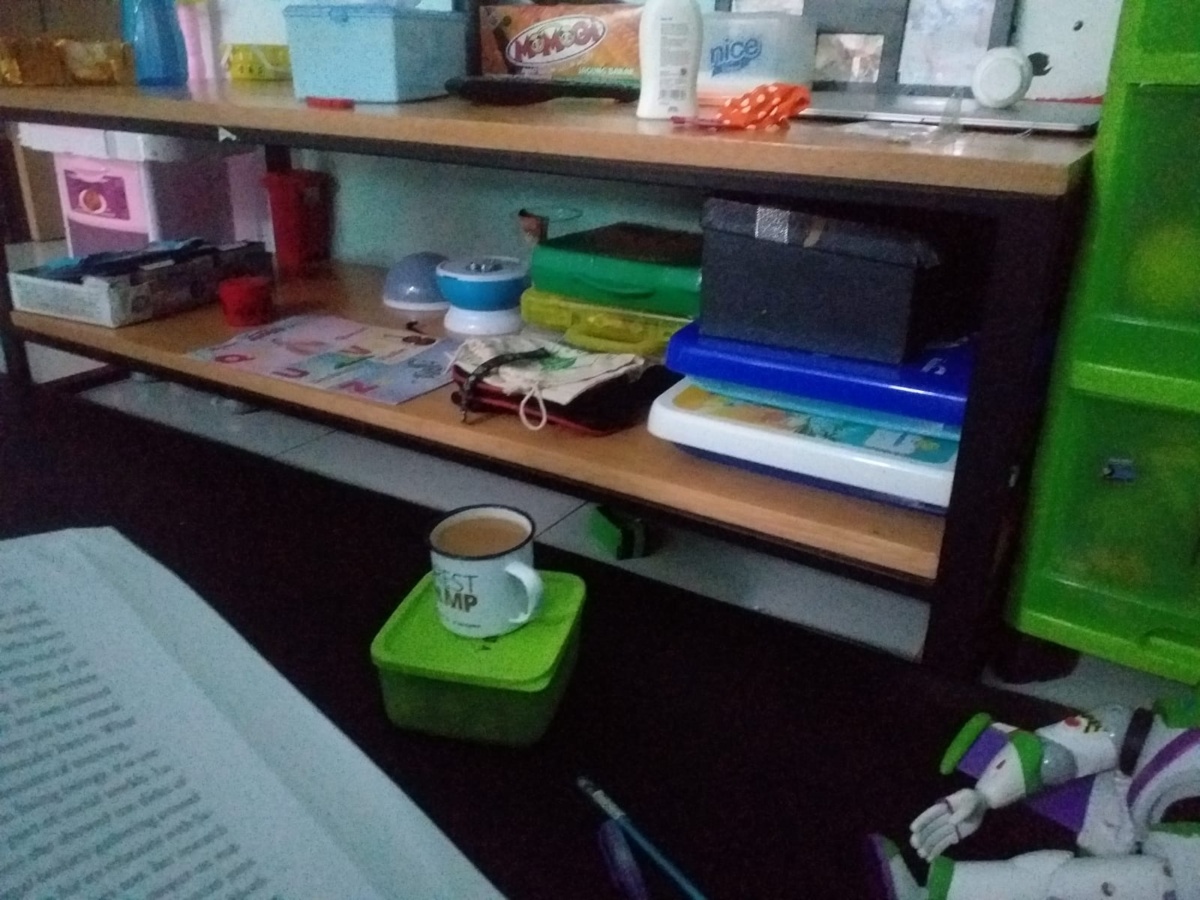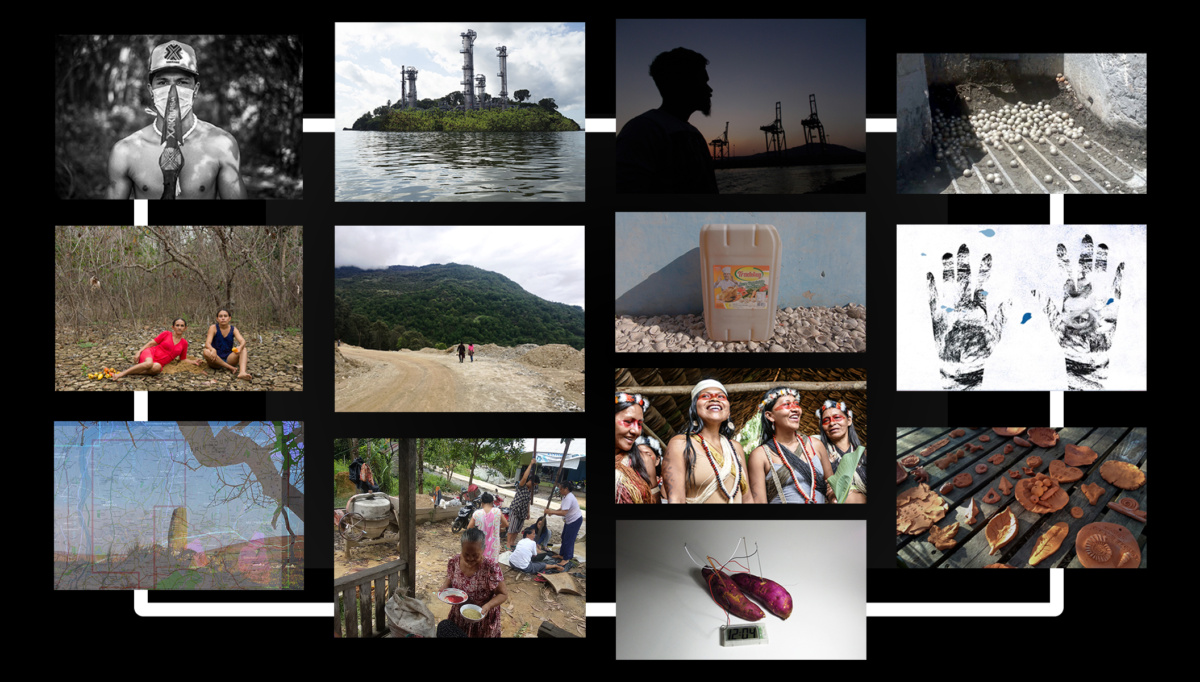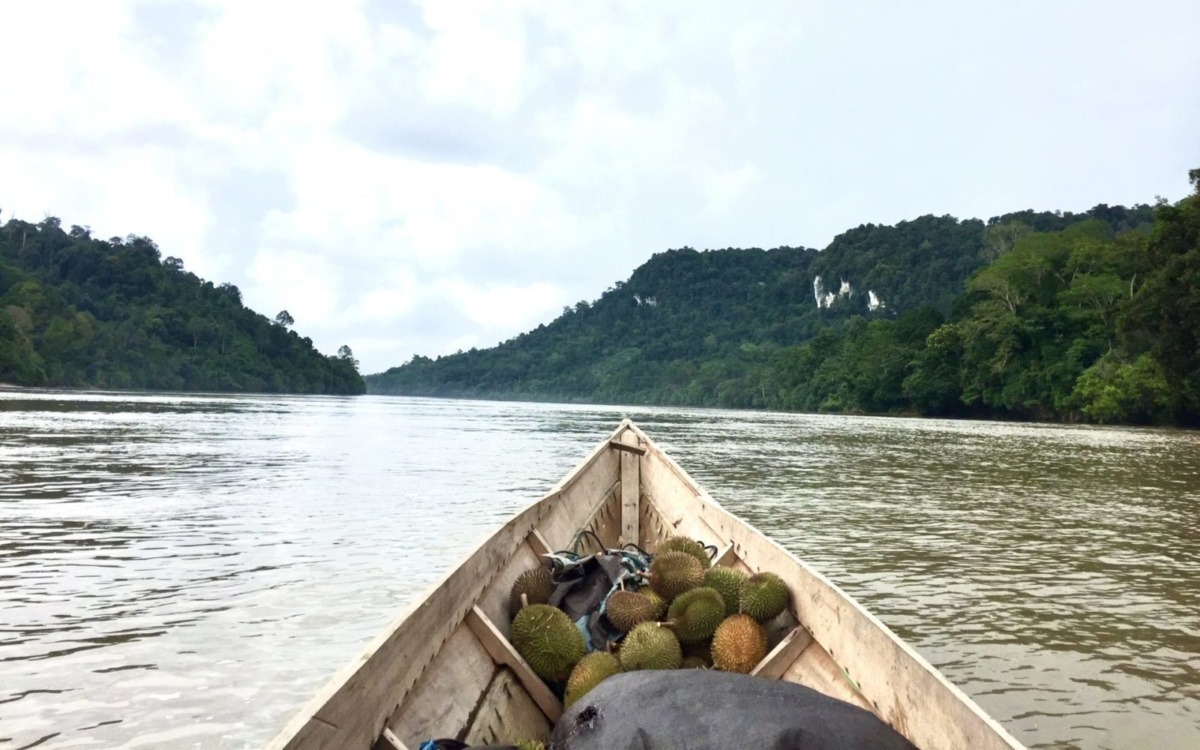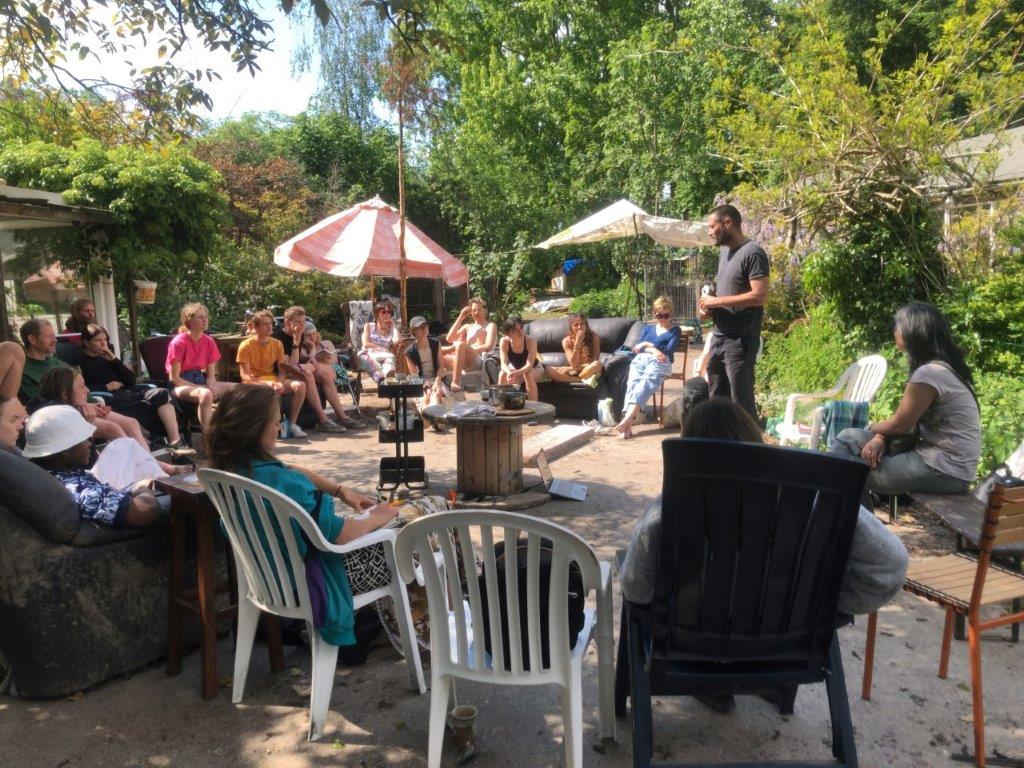July 2021
This morning, like every morning in the past weeks (I can’t remember exactly how many), when I get my phone to view my WhatsApp messages, I prepare myself to see and hear death. My relatives’ death, my friend’s death, my friend’s families, my friend’s friend, my neighbours, my neighbours’ families. And the list continues.
My ears go numb from hearing ambulance’ sirens, announcement of neighbors’ death from nearby mosques. It feels numb now to listen to such stories of death, how they were well, healthy, kind people. How they struggled at the end of their lives to find the care they needed (not all, but many, mostly). How they were alone (without their loved ones) in their final days of struggle.
My eyes are exhausted from reading death, pain, suffering and precarity. The news is full of death. Crowdfunding is filled with stories of people losing jobs that can not afford food for their families. Twitter is flooded with sad, desperate updates. I want to close my eyes and stop listening. But closing my eyes makes the demon even bigger and scarier.
My heart used to feel anger. But now I feel scared. It feels like days go by and I wait for my turn. What if I need medical care (which is almost impossible to get now)? What if I don’t make it? What would it feel like to leave my two young children forever?
My head is just full, no space left there.
I and I see people have done what they can do, we try to care more. But nothing we do is enough. People are still starving. People are still struggling. People are still in pain. And those in power do not seem to understand the weight of ordinary people in their everyday life. They live in their bubble.
The day I finished this draft, a friend passed away (Monday evening, 19 July 2021, Bogor, Indonesia). He was a kind, loving husband and father to his 4 years old son. Healthy, young, just started a small workshop that provided income for 5 employees and their families. I contacted him at the end of last month, June, when I heard that his wife was infected with Covid and needed to self-isolate, and he was fine back then. He asked me to pray for him and his family to make it through. A week or so ago I knew that he was admitted to the hospital because he was infected and had problems breathing. Then he got worse – but not too worse – judging from the video he showed in his WhatsApp status. I kept on sending him messages (I asked him not to reply). I sent prayers. Then he said to his wife that he got better, tested negative, but was still in the hospital to improve his health. Two days later, he departed.
I got angry with the government, with God, with him. What an untrusted ruler to let their people dying to breathe and survive. What a cruel God to take him away when he had so much to live on. I got angry at him for not fighting harder, how dare he leave his very young son behind. People are unfair, the world is unfair. Every day is really hard to navigate. I got so many questions in my head in these terribly difficult times. I can’t even start to understand.
24 Aug 2021
I find it hard to decide whether I should share it or keep it in my folder, contained safely – suppressing my emotions and not letting it show – as the world tells us to do – be strong, be resilient. But then, two days ago, a good friend’s husband passed away, after two weeks of struggle in the hospital. Their sons are similar in age with mine and used to be in the same class in their school. That’s how I met my friend (the wife). She offered me her friendship, despite our differences. This gives me a push to share these small notes, to grieve and to remember them.
16 Sept 2021
Thinking and acting Care with FPE
My journey with FPE (Feminist Polirical Ecology) tells me to be reflective, to listen to stories embodied by others, my own stories. María Puig de la Bellacasa said that care is a matter of innocence as well as non-innocence and situatedness of care.
Covid changes the way of caring. I do not have many friends but meeting occasionally and especially when we are in difficult times has always been a feature of our relationship. Being close and looking into their eyes, listening to their lived struggles, are a way of caring that I found healing – or at least it helps me to survive another day (both as the recipient or giver of care). But then Covid rules say that being close to each other, and having physical contact, is the opposite of caring. We struggle to connect and sense through words in our WhatsApp and voices over the phone, as video calls seems too much during bad days.
And therefore we scramble trying to find ways to stay with the trouble (famously said by Donna Haraway) – do we have other options anyway? (As I read from Anna (Tsing, 2015) in her book in ruin of capitalism context): Continue or maintain life – forget repair. At that point when my friends even find it hard to breathe, to survive. I just want to continue life (make every day bearable) and leave repairing to another time and space.
“in the most general sense, care is a species activity that includes everything we do to maintain, continue, and repair our world so that we may live in it as well as possible. That world includes our bodies, our selves, and our environment, all of which we seek to interweave in a complex, life-sustaining web.”
Berenice Fisher and Joan C. Tronto, “Toward a Feminist Theory of Caring,” in Circles of Care, ed. Emily K. Abel and Margaret Nelson (Albany, NY: SUNY Press, 1990) in (Tronto, 2015) emphasis added.
Caring is indeed not necessarily a feel-good thing, Bellacasa mentions this in her book Matters of care (Bellacasa, 2017). Caring means being emotionally drained for days when your good friend is ill and you see them pass away. Caring means that no matter how I feel shattered, I need to get up and be there for my young children.
Reciprocity is something in care that FPE scholars have attended to, and I find it in my everyday experience of care for my young children. The time I care for my young children (who are not able to take care of themselves yet), it is also the time I feel cared for. Maybe it is the kind of reciprocity that might be different with the conventional reciprocity “This is because reciprocity involves giving, receiving, and returning what has been given” (Mauss, 1974 in (Gómez Becerra & Muneri-Wangari, 2021)). My young children at this care relation do not necessarily return what I gave to them, but still their mere existence fuels my everyday life (in positive and negative sense) – me talking from the perspective of a mother from the Global South, with a partner attending to one school age child (online school for 1.5 year now) and one toddler. After all the pain of losing I experience, I might not be whole now if not for my children.
Readings that helped me with this piece:
Bellacasa, M. P. de la. (2017). Matters of Care: Speculative Ethics in More Than Human Worlds. The University of Minnesota Press.
Gómez Becerra, M., & Muneri-Wangari, E. (2021). Practices of Care in Times of COVID-19. Frontiers in Human Dynamics, 3(June), 1–14. https://doi.org/10.3389/fhumd.2021.648464
Tronto, J. C. (2015). Who Cares? How to Reshape a Democratic Politics (First). Cornell University Press.
Tsing, A. L. (2015). The Mushroom at the End of the World: on the Possibility of Life in Capitalist Ruins. In PRINCETON UNIVERSITY PRESS (Vol. 1). Princeton University Press. https://doi.org/10.1017/CBO9781107415324.004











